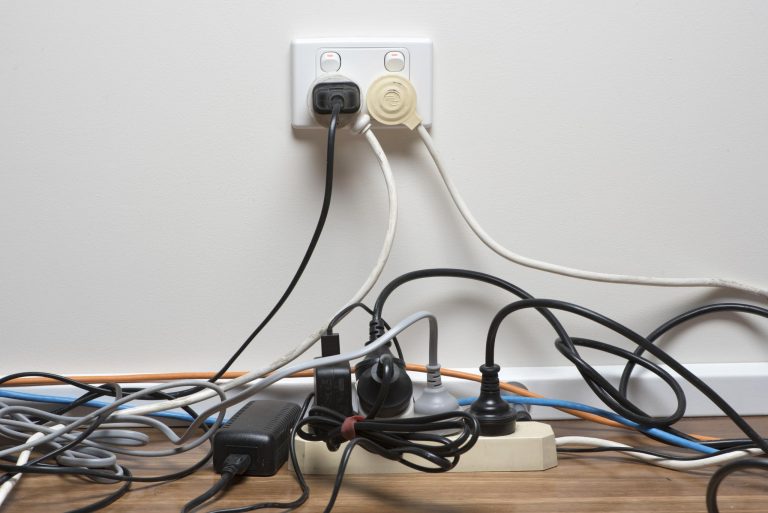Understanding Electrical Hazards
Common Electrical Hazards
Electrical hazards are everywhere, from overloaded circuits and faulty wiring to damaged appliances and extension cords. These hazards can lead to fires, electric shocks, and even electrocution if not addressed promptly.
Risks of Ignoring Electrical Hazards
Ignoring electrical hazards can have severe consequences. Apart from the risk of injury or death, it can also lead to property damage, lost productivity, and potential legal liabilities.
Tips for Preventing Electrical Hazards in Your Home
Proper Wiring and Maintenance
Ensuring proper wiring and regular maintenance of your home’s electrical system is crucial. This includes checking for damaged wires, replacing outdated outlets, and making sure all connections are secure.
Safe Use of Electrical Devices
Always follow the manufacturer’s instructions for using electrical devices. Avoid overloading outlets and using damaged cords or appliances. Remember to unplug devices when they’re not in use.
Educating Your Household
Teach your family members about electrical safety. This includes understanding the dangers of playing with electrical outlets, using appliances with wet hands, and recognizing the signs of a potential electrical hazard.
Tips for Preventing Electrical Hazards in Your Workplace
Implementing Electrical Safety Policies
Develop and enforce electrical safety policies at your workplace. This includes guidelines for proper equipment use, maintenance, and reporting of electrical hazards.
Regular Inspections and Maintenance
Conduct regular inspections of your workplace’s electrical systems and equipment. This ensures any potential issues are identified and resolved before they become hazards.
Staff Training
Provide ongoing training to employees on electrical safety. This will help them recognize hazards, respond appropriately in case of emergencies, and follow best practices to minimize risks.
The Importance of Using the Right Equipment
Circuit Breakers and Fuses
Circuit breakers and fuses are essential for protecting your home or workplace from electrical hazards. They’re designed to shut off power when there’s an overload or short circuit, preventing fires and other damage.
Chint Thermal Relay
A Chint Thermal Relay is a crucial component in maintaining electrical safety. It’s designed to protect motors and other electrical equipment from overload, ensuring smooth operation and preventing hazardous situations.
Conclusion
Avoiding electrical hazards in your home or workplace is crucial to ensuring the safety of your family, employees, and property. By understanding common hazards, implementing preventive measures, and using the right equipment, you can greatly reduce the risk of electrical accidents.
FAQs
1. What is the most common cause of electrical hazards in homes and workplaces?
The most common cause of electrical hazards is faulty wiring, followed by overloaded circuits, damaged appliances, and improper use of electrical devices.
2. How can I identify potential electrical hazards in my home or workplace?
Look for signs like flickering lights, buzzing noises, frequently tripped breakers, hot outlets, and damaged cords. If you suspect any electrical hazards, consult a professional electrician to assess and address the issue.
3. What is the role of a Chint Thermal Relay in preventing electrical hazards?
A Chint Thermal Relay protects motors and other electrical equipment from overload. By monitoring the current and disconnecting the power supply in case of an overload, it helps prevent fires, damage, and other hazardous situations.
4. Are extension cords a potential electrical hazard?
Yes, extension cords can be a potential electrical hazard if not used correctly. Overloading an extension cord, using a damaged cord, or running cords under rugs or through doorways can increase the risk of electrical hazards. Always use extension cords rated for the intended load and duration, and avoid daisy-chaining multiple cords together.
5. How often should I schedule an electrical inspection for my home or workplace?
It’s recommended to have an electrical inspection every 3-5 years for homes and more frequently for workplaces, depending on the nature of the work and the equipment used. However, if you notice any signs of potential electrical hazards, schedule an inspection immediately

